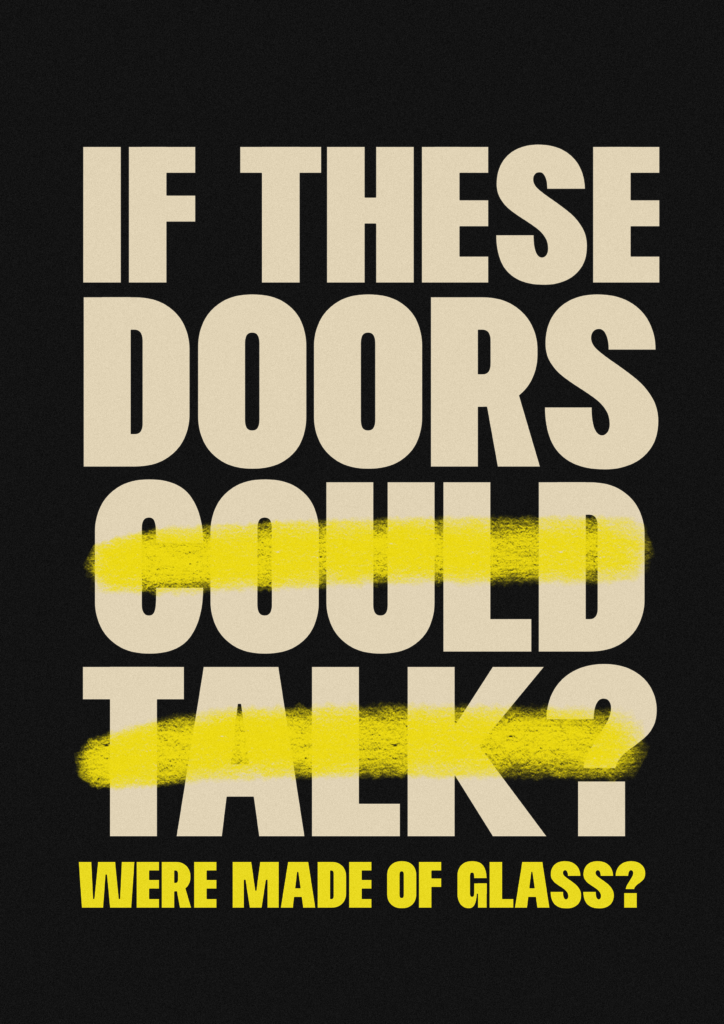“Thank you for calling Expedia lodging support; my name is Lucía. May I have your property ID please?”
The sentence above accompanied my early mornings through the last 11 months before coming to Weimar. I worked as a call center agent for the known French company Teleperformance. I answered the phone and replied to emails in a campaign called Expedia.
-------
Thought 1. Working as a call center agent is nobody's dream.
Thought 2. I am feeling ashamed of being a call center agent.
Thought 3. I did a 5-years bachelor's in Fine Arts in the best university in Colombia; a call Center should not be my place. ( I felt terrible of thinking about this after)
Thought 4. Whatever...I need money to do my MFA in Germany.
Thought 5. This is an experience I have to live. I should be grateful for having a job during a world pandemic.
STOP LUCY... This complaint of not having job opportunities as an artist in a country like Colombia should be a future post because this post, as I already said, is about talking to a wall.
------
Expedia is another vast “American”* company that provides services to find the “best prices” in the market to book flights and hotels (same as Booking.com). I was backstage since I only attended property owners, front desks, and other hotel employees. So, the complaints I received, I heard, were more “polite,” less “aggressive,”…
Less complaint.
It is called “customer service.” However, it is never truly about them.
The kind of complaints that came to me was usually about money. Let me explain to you how payments work for this company: the giant offers two ways to pay hotels the funds collected from travelers. On the one hand, the Expedia Virtual Cards. EVCs could be processed as soon as the guest had left the hotel; the hotelier already has the number Expedia assigned to the card. They only need to charge it.
On the other hand, there are the Invoices. Invoices were always a problem because people, I mean, the hoteliers, couldn’t understand why they needed to ask for payment instead of being paid as soon as they provided the service. I heard voices comparing “our” services (Expedia’s services) with Airbnb more than once. This platform pays property owners what is owed to them as soon as travelers check out. To me, this should be the right way to act. However, big corporations never work like that; they ask for money or work in advance, but they pay in terms of 90-180 days. Thus, small entrepreneurs wear out and die.
That is what an Argentine man precisely told me once. He was distraught because Expedia had not paid the last three months to him. He tried several times to contact Customer Service to understand what was happening, but no one answered. He had the right to be upset; he had been fighting for weeks, always against a vast wall. After working a couple of weeks in his case, I realized the whole problem was absurd and easy to solve. However, internal teams passed the ball from one to the other, and anyone did anything to help this man. Almost three weeks later, I could release the money (by his right) even if it was to the detriment of my “quantitative performance,” or usually called metrics.
I felt proud of myself for having been able to solve the problem. And it was not the only case actually. After all, I was a great call center agent.
Nevertheless, during the 11 months, I always felt frustrated working for a company like this one. The trouble with capitalism and these giant money-producing monsters is that they do not have a face, they have hundreds of people spread around the world…
wait … they are not really from all over the world, they are people who, like me, live in developing countries where labor is cheaper. I cost less money than an American.*
I cost less money than an American.*
I cost less than an American.*
So, Expedia, as well as Teleperformance, are no human beings.
And, it was not me on the phone. It was Expedia.
It was nobody.
It was an entity that cannot be spoken to.
It was a wall. It is a wall.
Thought 5. Is this frustration the same felt by Winston Smith trying to fight against Big Brother?
Thought 6. However, Big Brother was no more than a vast machine fueled by fear and worship of the ignorant.
* Being Colombian, I shouldn’t say American to refer to the USA. I am American too. But, this is another story, another complaint.









